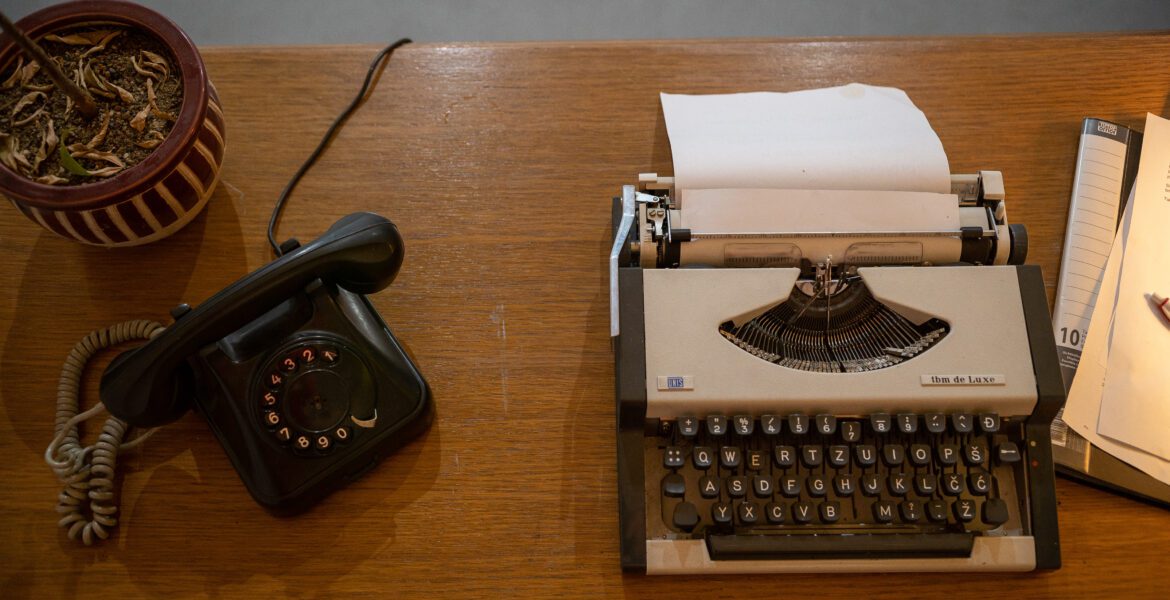No News Agency as a Tool for the Deconstruction of Hegemonic Narratives
No News Agency explores the boundaries between facts and interpretations, between conventional media narratives and personal histories. Through an interdisciplinary approach, the work subversively challenges the concept of a global news agency. Because — yes — institutions almost always claim objectivity and universality. And yet, all too often, we receive information filtered through layers of political and economic power.
Through video art, installation, ready-mades, and performance, Adriana Trujillo connects two border zones: Tijuana and San Diego (Mexico–USA), and Banja Luka in Republika Srpska (BiH–EU), shedding light on the personal and collective dimensions of migration, identity, and geopolitical tensions. By exploring emotional and physical boundaries, No News Agency exposes the parallel realities of southern European borders, such as those in Bosnia and Herzegovina, and the southern U.S. border in Tijuana.
Trujillo employs an autoethnographic approach to deconstruct the mechanisms through which media shape representations of “the other.” This method helps illuminate the ways global narratives influence our understanding of marginalized identities—whether refugees, migrants, or residents of post-conflict regions. Through this analysis, Trujillo reveals how media portrayals become powerful tools in producing political and social distance, shaping perceptions that often serve to legitimize hegemonic power structures.
The decolonial approach adopted by No News Agency focuses on dismantling entrenched stereotypes and deconstructing dominant narratives, creating space for alternative perspectives. By merging geopolitics and emotion, and questioning the boundaries between social critique and personal poetics, the work highlights the complex interaction between macrostructures of power and the microrealities of the individual.
No News Agency encourages us to confront our own (un)conscious participation in the creation of borders, reminding us that, perhaps more than anything, we are trapped within the confines of our own illusions about a free world.



